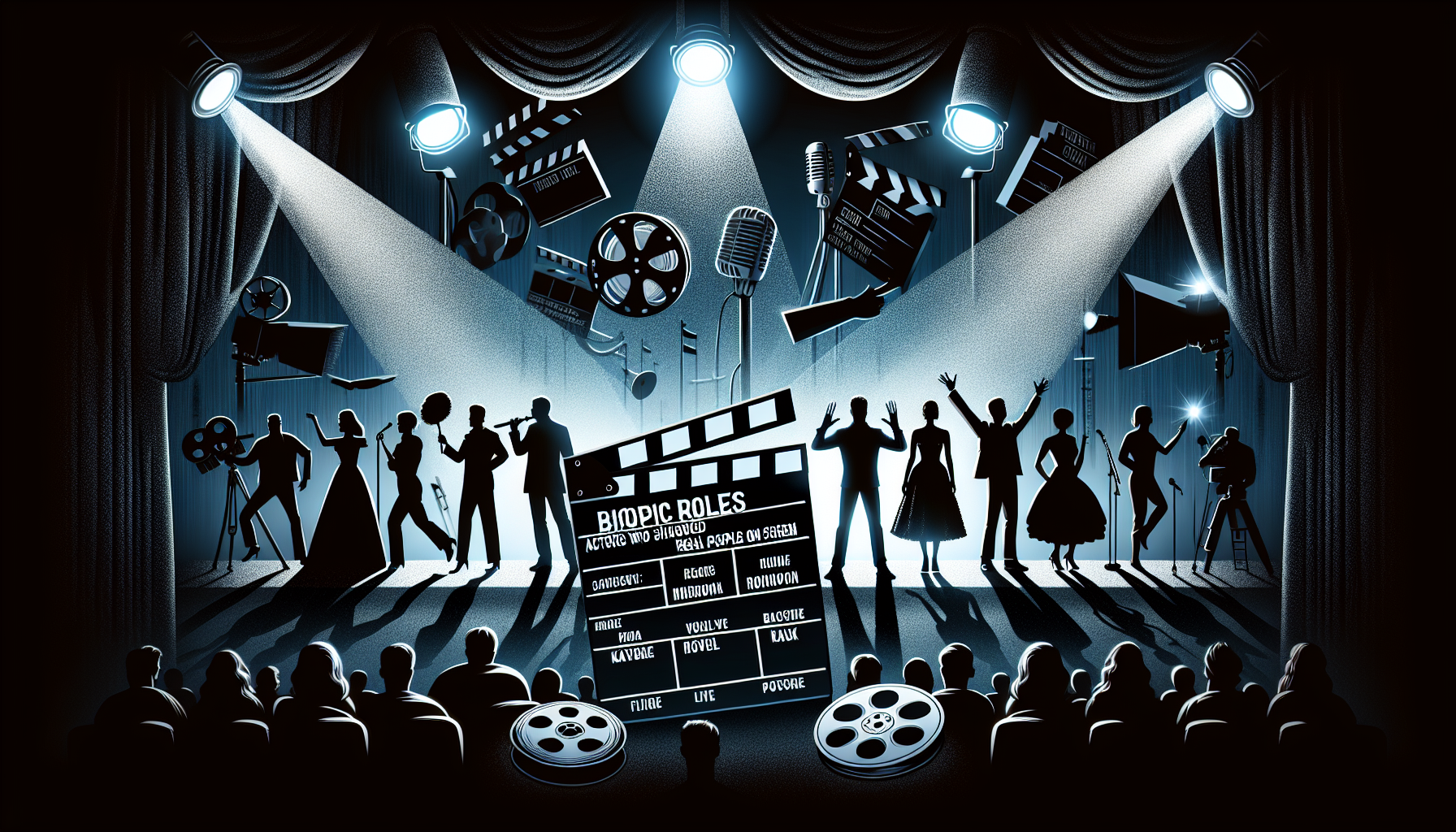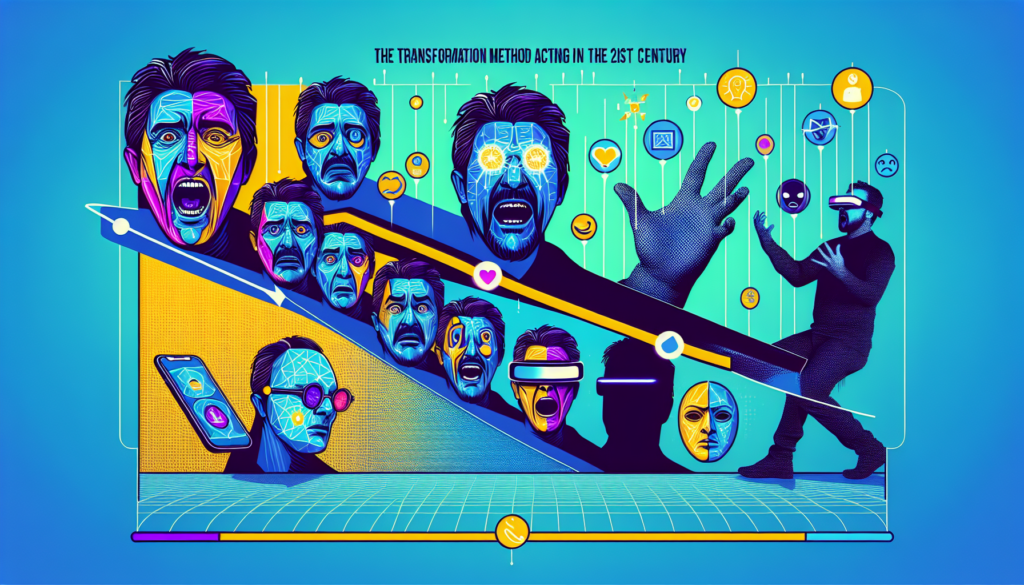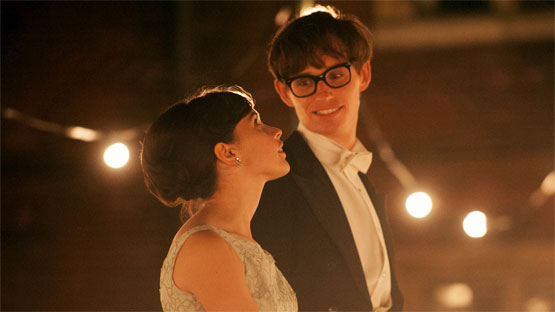Film biographies, or biopics, offer an excellent opportunity for actors to delve into their roles, borrowing from the personas of real people who left significant imprints on history. These films are an amalgamation of raw talent, method acting, thorough research, and sometimes even physical transformations for portraying the essence of the character more realistically. Many actors have immortalized real people on screen, and in the process, have created performances that continue to echo in the annals of cinema.
One of the most iconic portrayals was by Daniel Day-Lewis in ‘Lincoln‘; the actor took method acting to a new level. Day-Lewis spent a year preparing, speaking in Abraham Lincoln’s voice during the entire filming period. His performance was so convincing that it won him an Academy Award for the Best Actor in 2012.
Similarly, Charlize Theron delivered a breathtaking performance in ‘Monster’, playing the part of the notorious killer Aileen Wuornos. Theron underwent an intense physical transformation, gaining weight and wearing prosthetic teeth to resemble Wuornos. Her haunting portrayal won multiple accolades including an Oscar.
Hollywood A-lister Meryl Streep, renowned for her dedication to her roles, delivered a richly nuanced performance as the former British Prime Minister Margaret Thatcher in ‘The Iron Lady.’ Streep immersed herself in the role to the extent that she began to think like Thatcher, earning her a third Oscar win.
Often, biopic roles center around musicians and their impact on popular culture. Jamie Foxx, in ‘Ray’, showcased Ray Charles’s journey through his career and battle with drug addiction. Foxx, who had been a pianist since his teenage years, brought an authenticity to the on-screen performance that bagged him an Academy Award. Similarly, Rami Malek‘s performance as Freddie Mercury in ‘Bohemian Rhapsody‘ was nothing short of extraordinary. He captured the flamboyant stage presence and vocal mannerisms of the Queen frontman so well that he won the Best Actor Oscar for his role.
There are also instances where actors portray contemporary people, creating an immediate impact. For example, Christian Bale brought alive the character of former Vice President Dick Cheney in ‘Vice’, thanks to an amazing physical transformation and a deep understanding of the character’s motivations.
When talking about biopic roles, one cannot overlook Sean Penn‘s phenomenal depiction of gay rights activist Harvey Milk in ‘Milk.’ Penn dedicated himself to the role and took the projection of Harvey’s passion for gay rights to a level that not only moved audiences worldwide but also won him his second Academy Award.
Capturing a character’s essence is exceptionally demanding in biopics based on real people dealing with mental or physical challenges. Eddie Redmayne fulfilled these demands when he played Stephen Hawking, the neurologically impaired physicist, in ‘The Theory of Everything.’ Redmayne spent months studying Hawking’s physicality and won an Oscar for his sensitive and inspiring portrayal.
Biopics provide a window into the lives of people who have significantly influenced our world. Actors who take on these roles not only immortalize these real-life figures on the screen but also make their stories accessible and relatable to a broad audience. Their performances speak volumes about their craft and commitment, often transporting viewers to a different time, place, and perspective.
Invariably, the transformation of an actor into a real-life figure not only attests to their talent and versatility, but it also pays tribute to the individuals they portray. Through their stellar performances, these actors give audiences a fascinating glimpse into the multi-faceted lives of historical figures, advocates, musicians, politicians, and many others whose real-life stories continue to inspire and influence the world.




